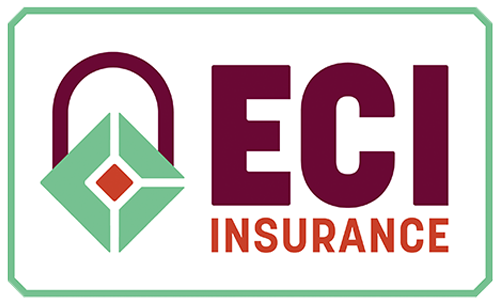Any big life event, especially a divorce, has the potential to send a shockwave through your existence.
While insurance may appear unimportant in comparison to the emotional side of divorce, you might be surprised.,. Paying attention to the details now can save you money later when it comes to 5 must items that need to be tweaked in the event of a divorce.
1. Life insurance
A divorce agreement may often include a need to obtain a life insurance policy that identifies an ex-spouse as a beneficiary… Particularly if children are involved. The surviving ex-spouse can utilize the life insurance benefit to replace alimony or child support payments if a former partner passes away.
Term life insurance is a low-cost solution to provide this type of security. You choose the length of the term, which might be 5, 10, 15, 20, 30, or 40 years. The next step is to decide on the quantity of coverage for the life insurance policy. The coverage expires at the end of the period.
It may make sense to remove an ex-spouse as a beneficiary on an existing life insurance policy if there are no ongoing financial obligations as part of a divorce agreement.
On the other hand, because your husband is often the beneficiary of life insurance plans obtained before the divorce, modifications may be required. You might not want that anymore, depending on your connection. Keep in mind that if your ex-spouse was your beneficiary before the divorce, you can change it at any time.
2. Disability insurance
If you are incapacitated because of an injury or sickness, disability pays a portion of your income. This might be a short-term disability (typically less than 12 weeks) or a long-term handicap. It’s quite likely that you’ll be off work for 90 days or longer if you’re pregnant. While statistically there is only a one-in-eight chance of dying before reaching the age of eligibility for Social Security payments there is a one-in-four possibility of becoming disabled for people 23 and older. If you work for yourself, it’s always a good idea to have your own disability insurance. If you’ll be relying on alimony or child support after your divorce, be sure your divorce agreement stipulates that your ex has a disability policy in place.
3. Health insurance
If you have your own health insurance, you can keep it after the divorce, but staying a dependent on your ex’s employer-sponsored plan is not an option. But don’t worry, you have a few options:
- Enroll in coverage provided by your employer. If you’ve suffered a life-changing incident, you can sign up outside of the typical open enrollment period. Losing coverage from a different source is a life-altering event.
- Purchase a coverage directly from a health insurer or through your state’s health insurance exchange.
- Keep your ex-health spouse’s insurance but be aware that you will have to pay for it yourself. COBRA insurance, called after the federal Consolidated Omnibus Budget Reconciliation Act, is used to do this. Family members who lose group health insurance due to divorce or other life circumstances can purchase coverage for up to 36 months under the statute. The law applies to state and local government-sponsored health plans, as well as private enterprises with 20 or more employees. Similar regulations apply in several states to enterprises with less than 20 employees. Let your health insurance plan provider know about your divorce, and you’ll get instructions on how to keep your coverage and the cost. Questions? Talk to the person in charge of benefits at your ex-spouse’s employer.
4. Car insurance
You’ll need to acquire separate insurance once you’ve decided how to split up the automobiles. While one spouse can remove the other as a driver on a policy they previously shared, it’s usually best if both parties get new plans. Get auto insurance quotes from various carriers if you’re purchasing a new policy. It’s especially crucial to shop your policy because you can lose discounts you used to have, including as discounts for being married or insuring numerous automobiles with one carrier. An independent agent can shop for you with numerous companies at the same time.
Do you have a teen driver in the house? Both parents’ insurance may require the children to be listed as drivers. The only way to be certain is to contact your vehicle insurance providers.’
5. Home insurance
You’ll need to change the policy for whoever owns the house after the divorce is finalized. If one spouse owns the home and the other rents and occupies it, the spouse who owns the home must purchase a homeowner’s policy, while the spouse who rents must acquire a renter’s policy. If you have to move to a rental home or apartment after the divorce is finalized, renter’s coverage would be useful.
Renters insurance protects your home items like furniture and appliances as well as protects you if someone is injured on your rental property. For example, if your child hurled a ball through someone’s window, liability would cover the cost of repairs, as well as medical treatment if a guest tripped and fell in your apartment and you were proven liable. It could also compensate you for your belongings like furniture, gadgets, and apparel if a covered loss causes them to be damaged. Renters insurance also covers you for expenditures if you have to stay somewhere else while your apartment is repaired after a tragedy, such as a fire. Because you do not own the flat or house, it would not cover your rent. If the house is damaged, a homeowner’s policy will cover it.
Insurance issues are difficult enough at the best of times, let alone during a major life transition. Do you have any questions about your policy? ECI is always available to help with your biggest moments. Visit our website at www.eciagency.com or text or call us at 1-405-373-2977.


